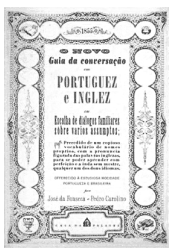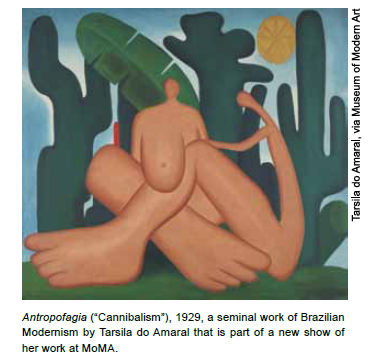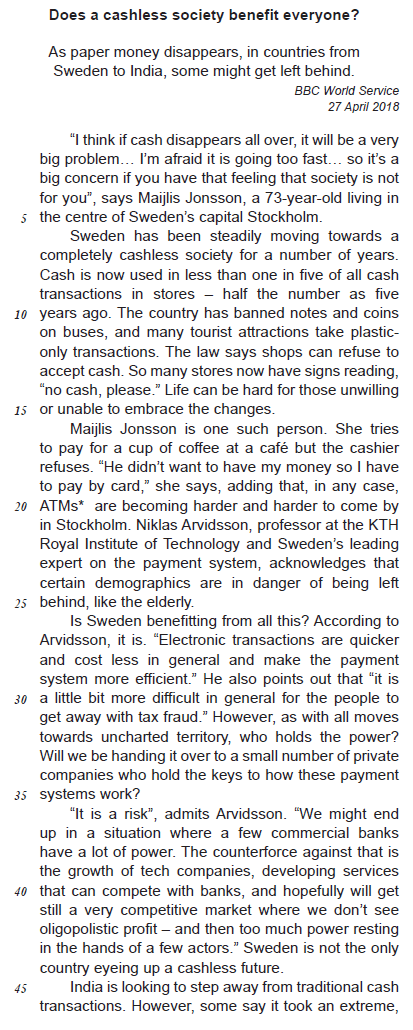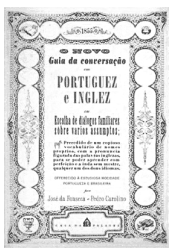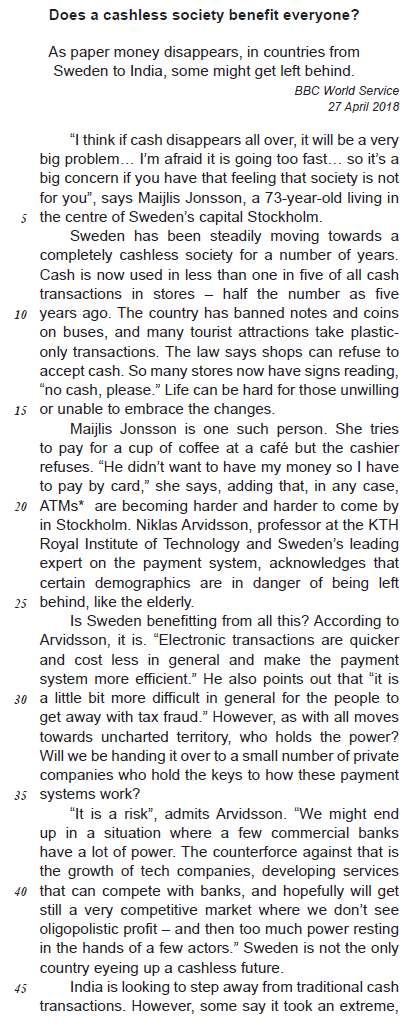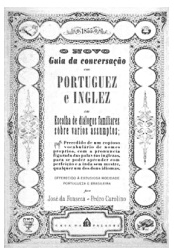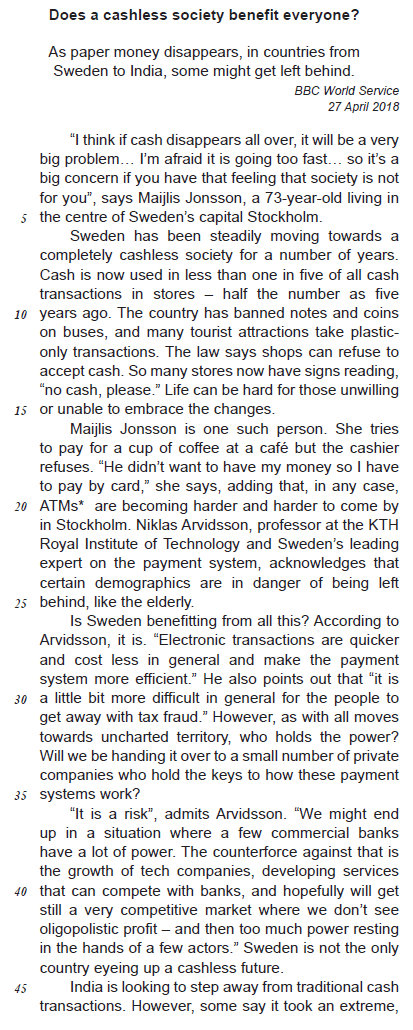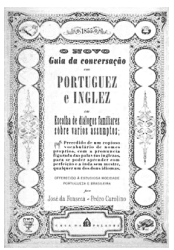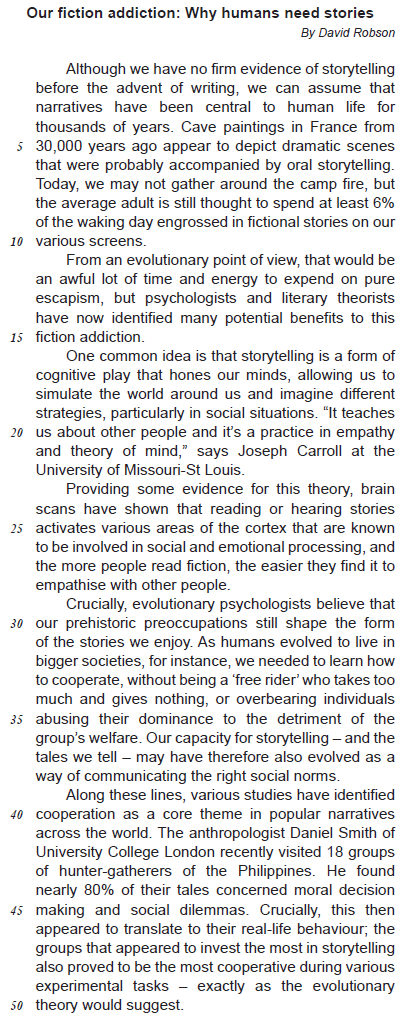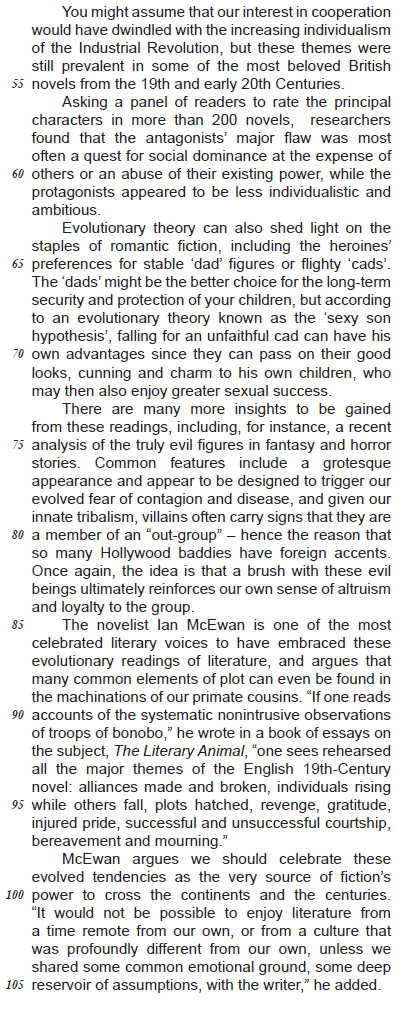cód. #11201
VUNESP - Inglês - 2018 - Vestibular - Primeiro Semestre
Entre 11 de fevereiro e 03 de junho de 2018, o Museu de Arte Moderna de Nova Iorque (MoMA) abrigou a primeira exposição nos Estados Unidos dedicada à pintora brasileira Tarsila do Amaral. Leia a apresentação de uma das pinturas expostas para responder às questões
The painting Sleep (1928) is a dreamlike representation of tropical landscape, with this major motif of her repetitive figure that disappears in the background.
This painting is an example of Tarsila’s venture into surrealism. Elements such as repetition, random association, and dreamlike figures are typical of surrealism that we can see as main elements of this composition. She was never a truly surrealist painter, but she was totally aware of surrealism’s legacy.
(www.moma.org. Adaptado.)
A apresentação sublinha a influência de uma determinada vanguarda europeia sobre a pintura de Tarsila do Amaral. A influência dessa vanguarda europeia também se encontra nos seguintes versos do poeta modernista Murilo Mendes.
A)
No fim de um ano seu Naum progrediu, já sabe que tem Rui Barbosa, Mangue, Lampião. Joga no bicho todo dia, está ajuntando pro carnaval, depois do almoço anda às turras com a mulher. As filhas dele instalaram-se na vida nacional. Sabem dançar o maxixe conversam com os sargentos em bom brasileiro.
(“Família russa no Brasil”)
B) Eu sou triste como um prático de farmácia, sou quase tão triste como um homem que usa costeletas. Passo o dia inteiro pensando nuns carinhos de mulher mas só ouço o tectec das máquinas de escrever. Lá fora chove e a estátua de Floriano fica linda. Quantas meninas pela vida afora! E eu alinhando no papel as fortunas dos outros
(“Modinha do empregado de banco”)
C) Ele acredita que o chão é duro Que todos os homens estão presos Que há limites para a poesia Que não há sorrisos nas crianças Nem amor nas mulheres Que só de pão vive o homem Que não há um outro mundo.
(“O utopista”)
D) A costureira, moça, alta, bonita, ancas largas, os seios estourando debaixo do vestido, (os olhos profundos faziam a sombra na cara), morreu. Desde então o viúvo passa os dias no quarto olhando pro [manequim.
(“Afinidades”)
E) O cavalo mecânico arrebata o manequim pensativo que invade a sombra das casas no espaço elástico. Ao sinal do sonho a vida move direitinho as estátuas que retomam seu lugar na série do planeta. Os homens largam a ação na paisagem elementar e invocam os pesadelos de mármore na beira do infinito
(“O mundo inimigo”)
A
B
C
D
E
